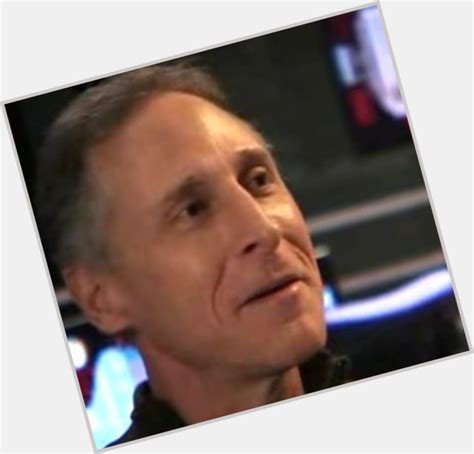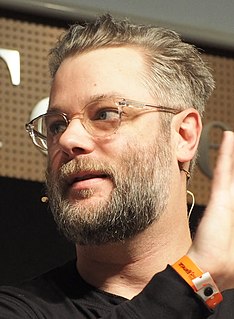A Quote by Bertrand Russell
A logical theory may be tested by its capacity for dealing with puzzles, and it is a wholesome plan, in thinking about logic, to stock the mind with as many puzzles as possible, since these serve much the same purpose as is served by experiments in physical science.
Related Quotes
Yes, okay, it's cool to be quirky, maybe, on the side. Do some puzzles, make puzzles, whatever, learn how to ride a unicycle. That's cool when it's on the side and you have a plan. What happens when you remove the plan? What you're left with is a guy who likes to do anagrams. And doesn't have a job... Sweet, that's a catch.
If a psychological Maxwell devises a general theory of mind, he may make it possible for a psychological Einstein to follow with a theory that the mental and the physical are really the same. But this could happen only at the end of a process which began with the recognition that the mental is something completely different from the physical world as we have come to know it through a certain highly successful form of detached objective understanding. Only if the uniqueness of the mental is recognized will concepts and theories be devised especially for the purpose of understanding it.
Since my logic aims to teach and instruct the understanding, not that it may with the slender tendrils of the mind snatch at and lay hold of abstract notions (as the common logic does), but that it may in very truth dissect nature, and discover the virtues and actions of bodies, with their laws as determined in matter; so that this science flows not merely from the nature of the mind, but also from the nature of things.
When I come upon anything-in Logic or in any other hard subject-that entirely puzzles me, I find it a capital plan to talk it over, aloud, even when I am all alone. One can explain things so clearly to one's self! And then, you know, one is so patient with one's self: one never gets irritated at one's own stupidity!
The diabolical thing about melancholy is not that it makes you ill but that it makes you conceited and shortsighted; yes almost arrogant. You lapse into bad taste, thinking of yourself as Heine's Atlas, whose shoulders support all the world's puzzles and agonies, as if thousands, lost in the same maze, did not endure the same agonies.



































